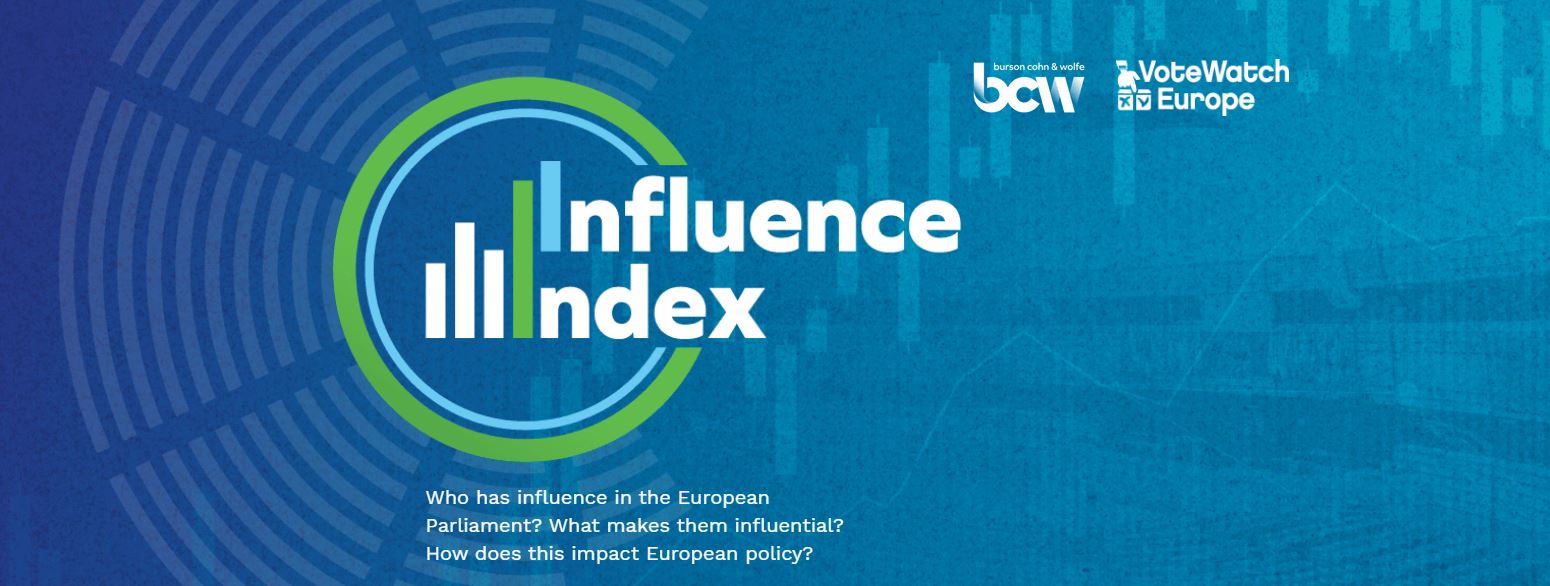Female MEPs and smaller member states wield most influence on EU digital policy
Lina Gálvez Muñoz, eurodiputada de la Delegación Socialista Española (PSOE) en la Alianza Progresista de Socialistas y Demócratas (S&D), entre las 10 eurodiputadas más influyentes en la política digital.
Burson Cohn & Wolfe (BCW) and VoteWatch teamed up to run the Influence Index, a data-driven ranking that maps the most influential members of the European Parliament (MEPs) in various EU policy areas. The duo just released findings from the study on digital policy, which show that female MEPs top the list of most influential, and smaller member states, such as Estonia or Malta, manage to punch above their weight.
The index measures two axes: political influence, or the ability to change legislation, win votes and shape debates; and social influence, the ability the reach people, shift the public conversation and build a community of support.
The analysis shows that, when it comes to shaping Europe’s digital policy, eight of the top ten MEPs are women. Eva Kaili (S&D, Greece) sits at the top as chair of the Science and Technology Options Assessment, reflecting her work on issues such as AI and blockchain. She’s followed by Pilar del Castillo Vera (EPP, Spain); Karen Mechior (Renew Europe, Denmark); Lina Gálvez Muñoz (S&D, Spain); Sophia in ‘t Veld (Renew Europe, the Netherlands); Maria da Graça Carvalho (EPP, Portugal); Miapetra Kumpula-Natri (S&D, Finland); Eva Maydell (EPP, Bulgaria).
“This is another encouraging indication of women’s pivotal role in shaping the EU’s digital policy,” said Julie Valente of BCW Brussels. “Europe’s future is digital, and it’s essential that the European Parliament sets a strong example for the inclusion of women in the tech and digital sectors.”
The Digital Influence Index also revealed that MEPs from Malta, Estonia and Latvia wield the most political influence on policy, on average. Doru Peter Frantescu, CEO of VoteWatch Europe and member of the EU AI Alliance, said the high ranking of central and eastern countries “mirrors the quicker pace of digital transformation in this part of Europe.”
MEPs from Portugal, the Netherlands and Finland also landed in the top ten.
“Smaller member states are at the forefront of Europe’s digital transition. These are often digitally-friendly, agile nations promoting technological innovation,” added Tom Denney, technology director at BCW Brussels. “The Index provides data-based evidence that these countries are important players when shaping digital policy in the European Parliament.”
BCW and VoteWatch will release the full report and the overall ranking of MEPs across all policy areas in September.

